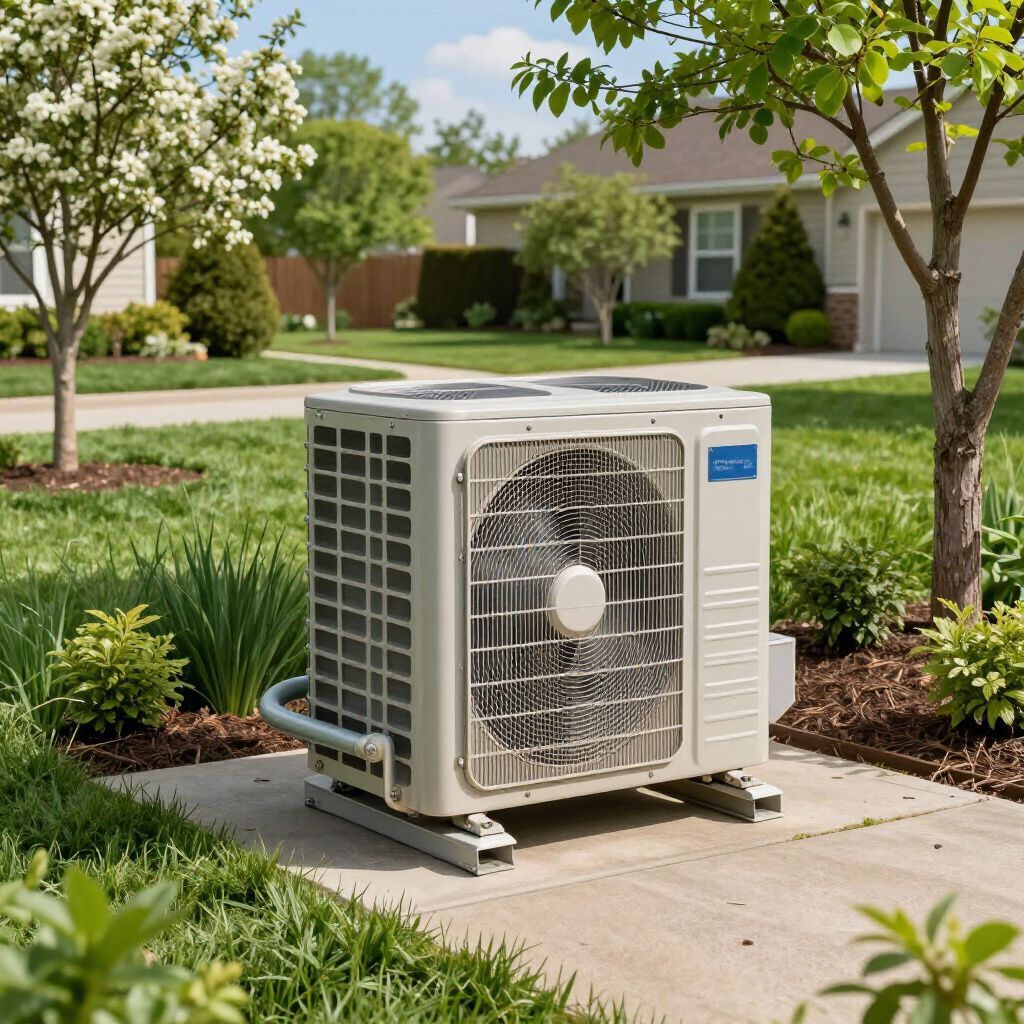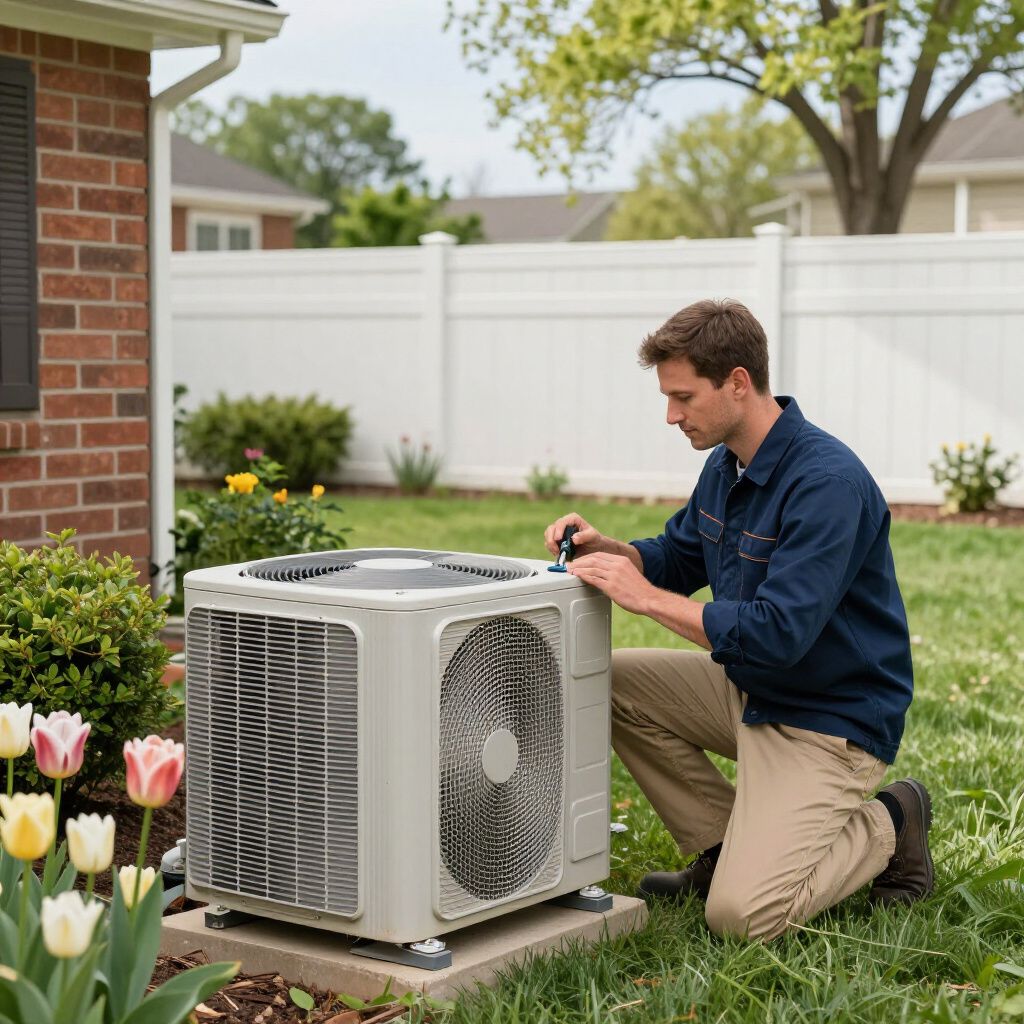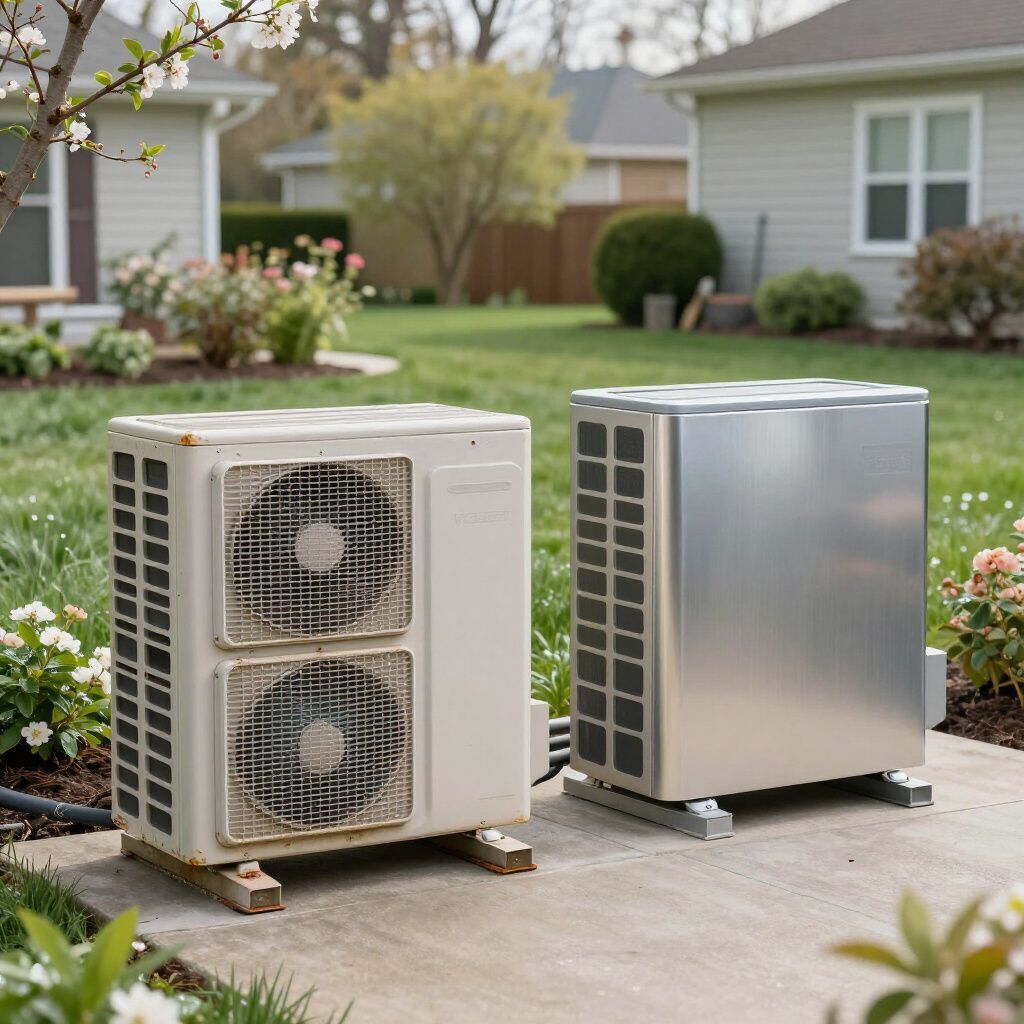Should You Repair or Replace Your Furnace?
As winter approaches, homeowners often face tough decisions about their aging furnaces: should you patch up issues or invest in a new system? The answer depends on key factors like age, cost, and efficiency. Here’s what you need to consider when weighing repair against replacement.
1. Age of the Furnace
Furnaces usually last between 15 and 20 years. If yours is approaching or exceeding that age, frequent breakdowns become more likely, and efficiency wanes. An older furnace that requires frequent repairs may cost more in the long run than a new, efficient model.
2. Frequency and Cost of Repairs
Are you calling in a technician more often lately? Minor repairs are part of regular maintenance, but if costs add up to more than 50% of a new unit, replacement should be considered. Keep track of annual repair expenses for an informed decision.
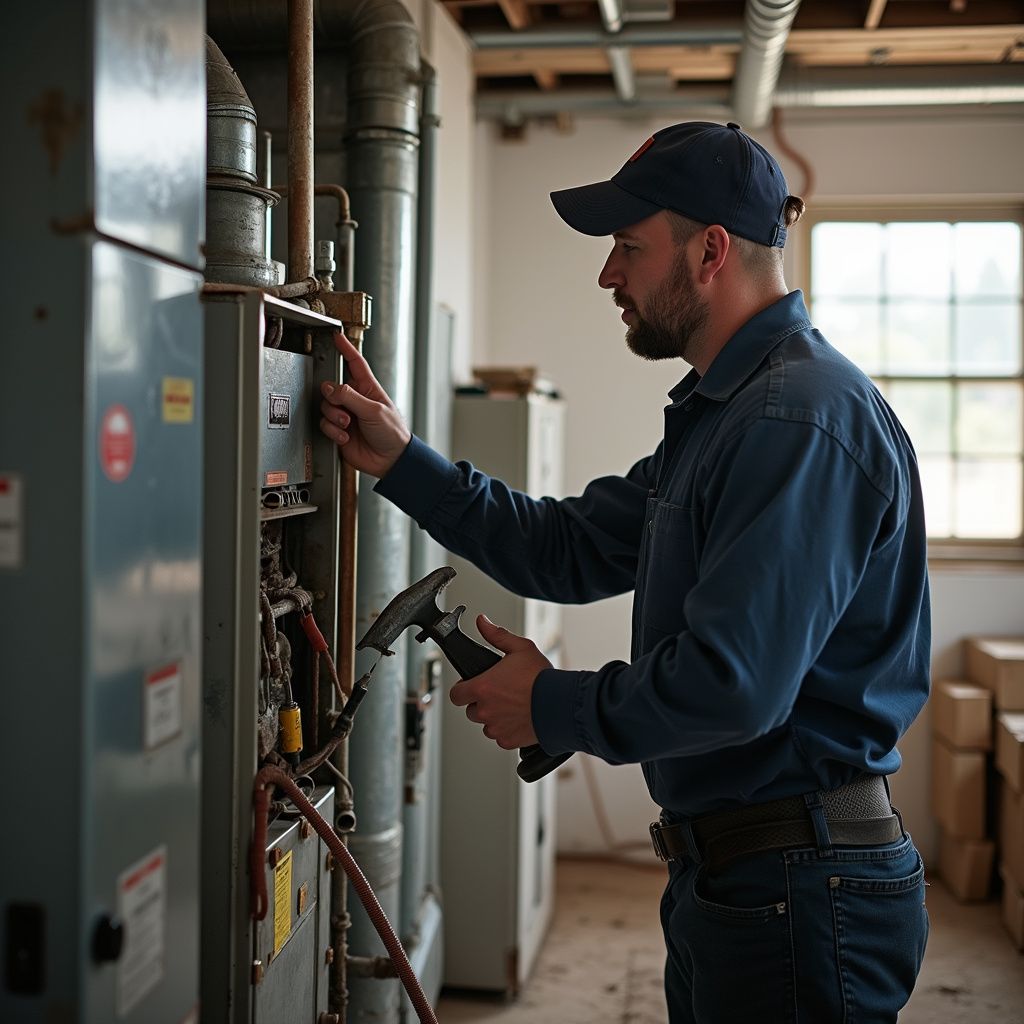
3. Energy Efficiency and Utility Bills
Newer furnaces offer significant energy savings over older models. If your bills keep climbing and the system struggles to keep your home warm, an upgrade may pay off faster than you expect.
4. Comfort and Air Quality
If your home experiences uneven heating, poor air quality, or increasing dust, your old furnace might be to blame. Modern units provide more consistent heat, quieter operation, and better filtration.
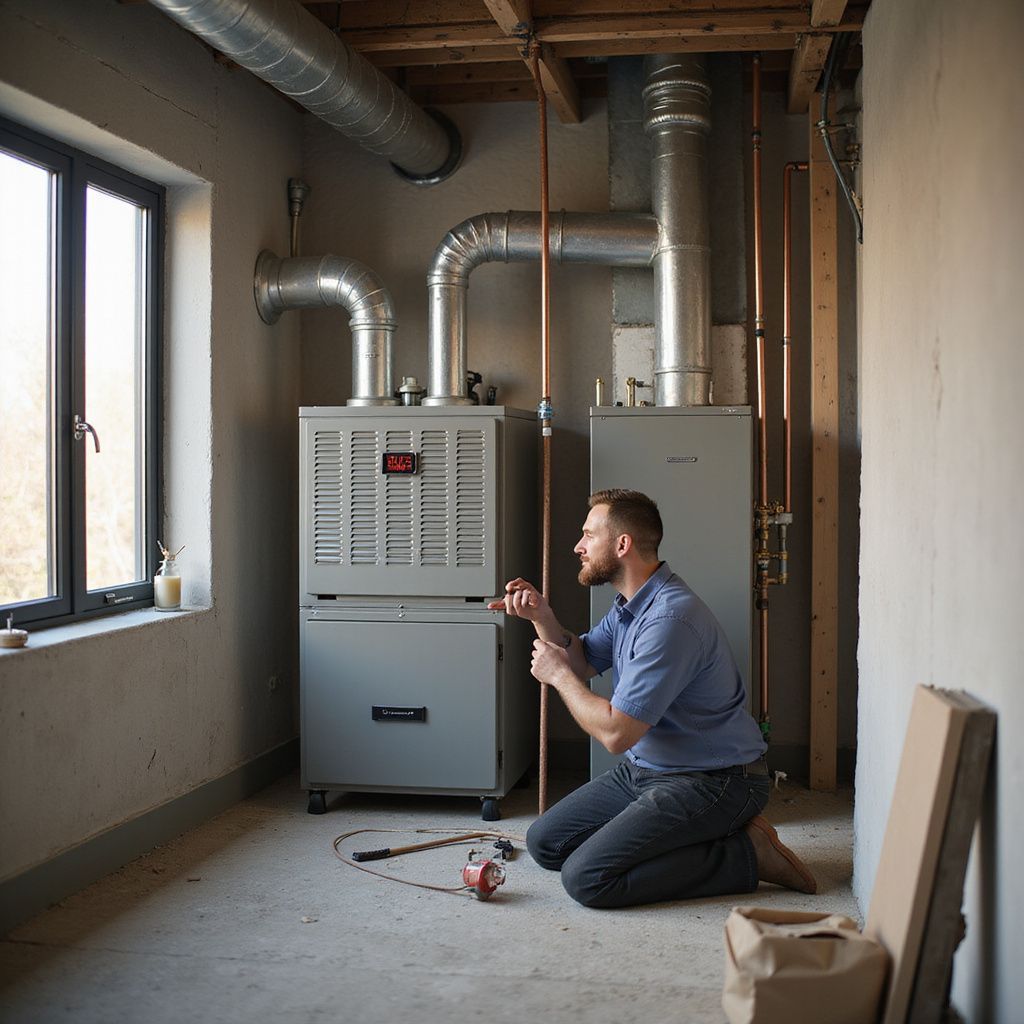
5. Incentives and Rebates
Don’t forget to check for manufacturer rebates, energy company incentives, and government programs designed to make new, energy-efficient furnaces more affordable.
Conclusion
Deciding whether to repair or replace your furnace comes down to age, repair cost, efficiency, and comfort. For older units with rising bills and repair needs, replacement is often the best investment. If repairs are minor and costs reasonable, maintenance can buy you more warm, worry-free years. Evaluate your priorities and consult with a trusted HVAC professional to make the most informed choice.

